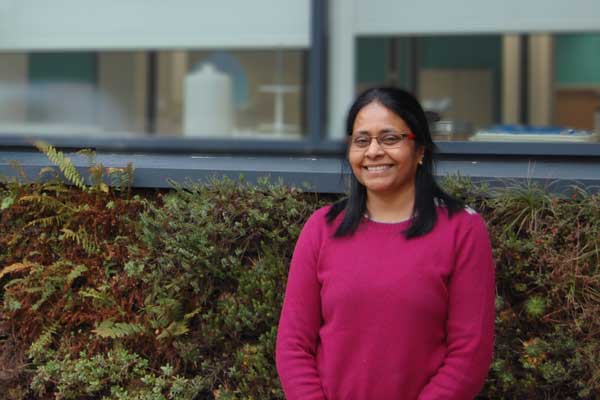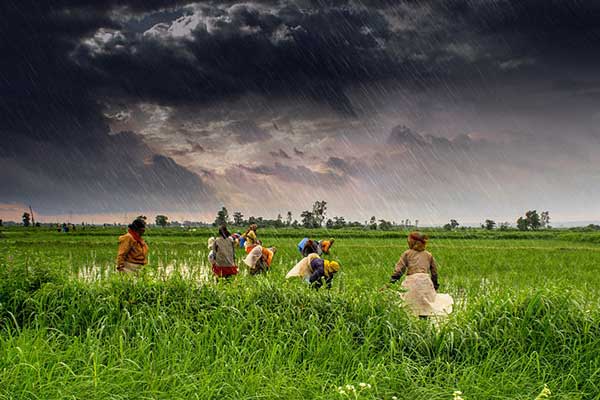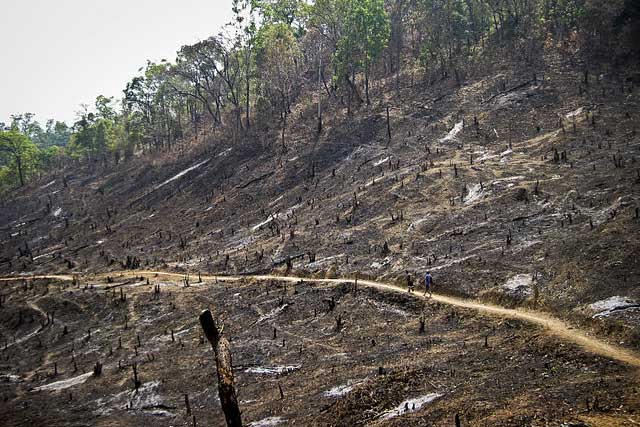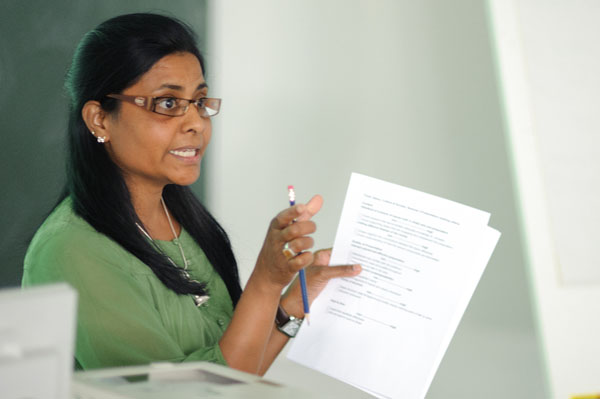Congratulations on your offer! We're looking forward to meeting you soon but, in the meantime, we thought you'd like to find out more about one of the academics who will be teaching you when you join us.
Samarthia Thankappan researches food systems, and is a senior lecturer in Human Geography. In addition to teaching 1st-Year students, she runs a popular 2nd-Year module called Food, Space, Culture and Society.




